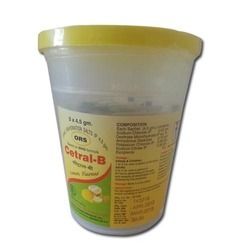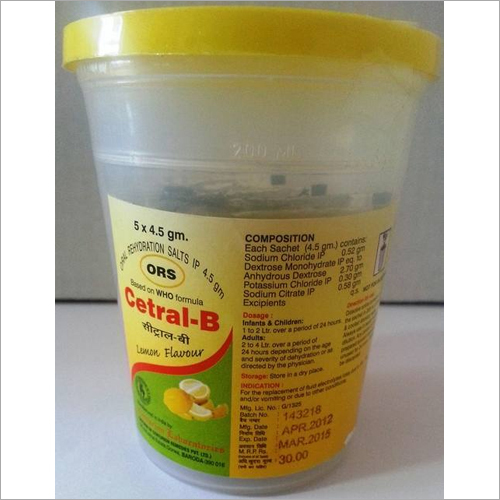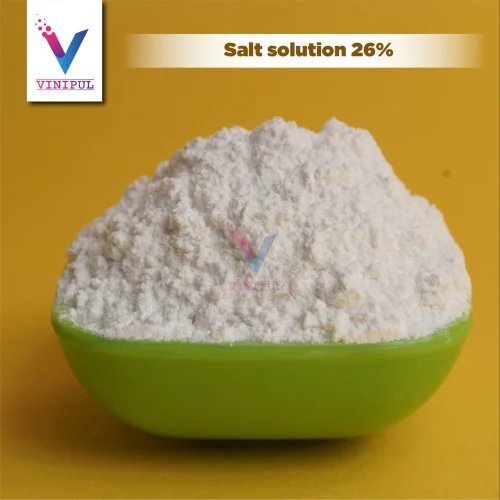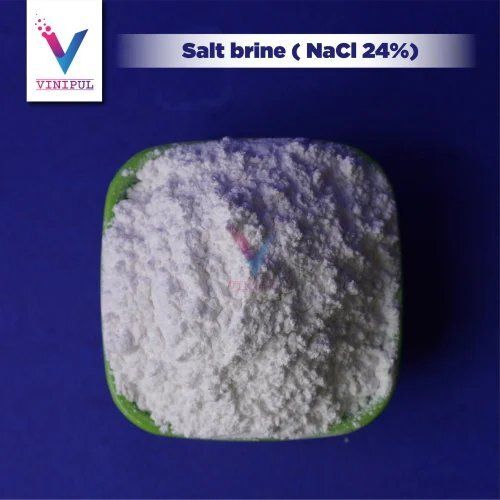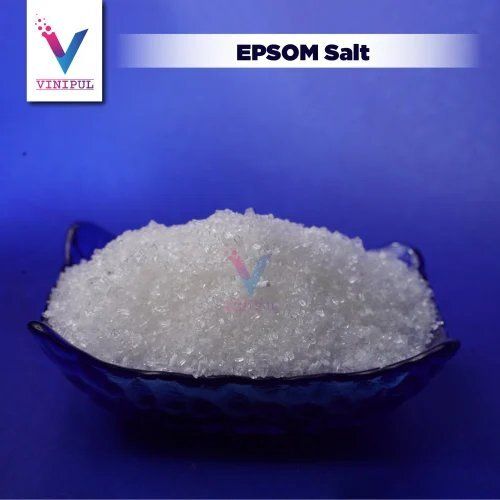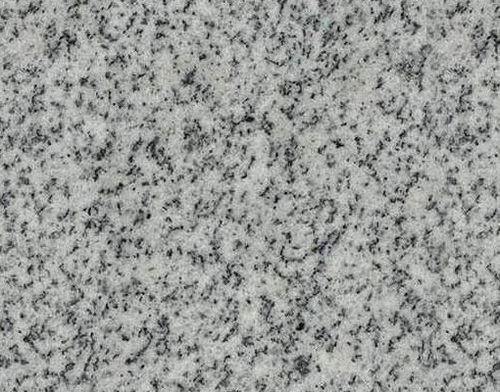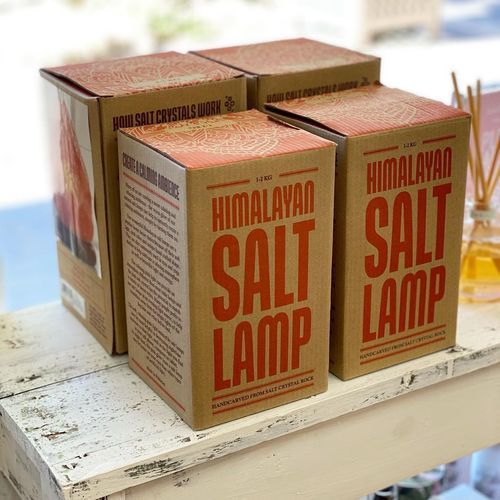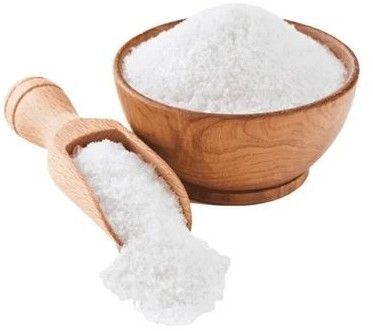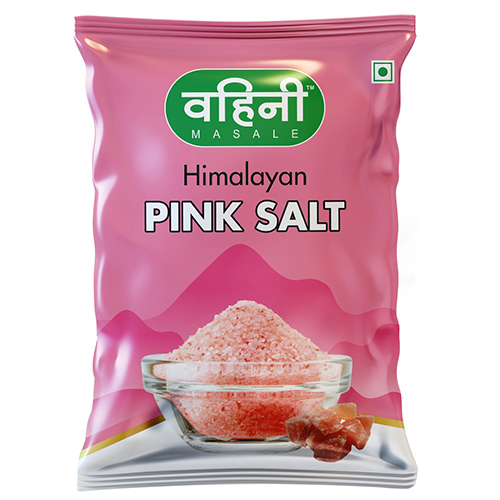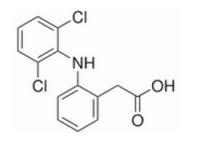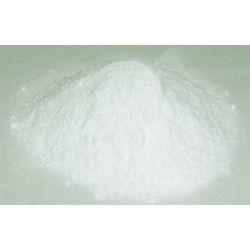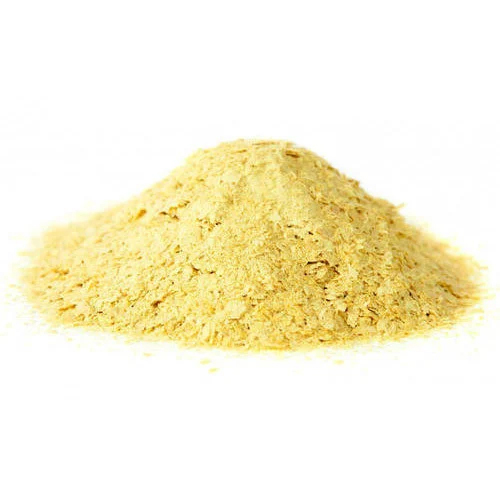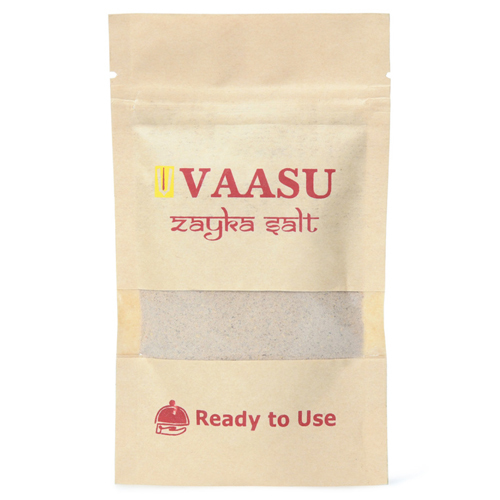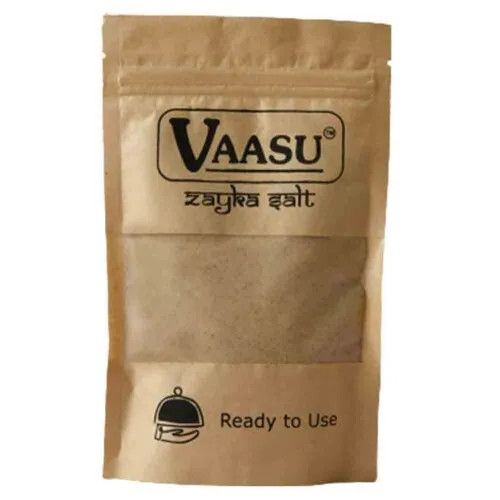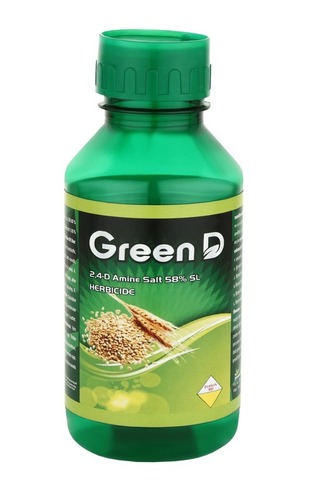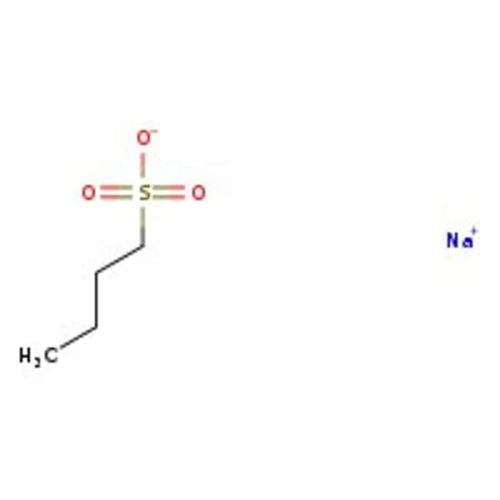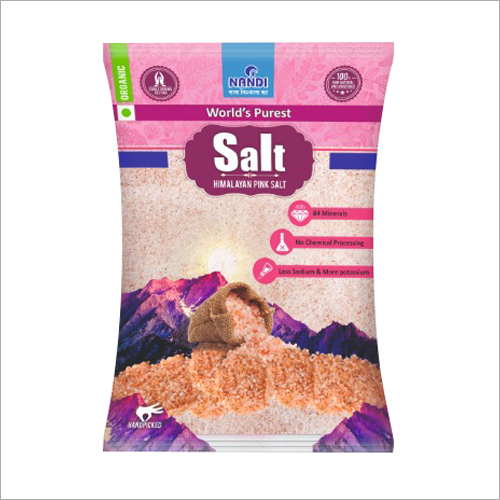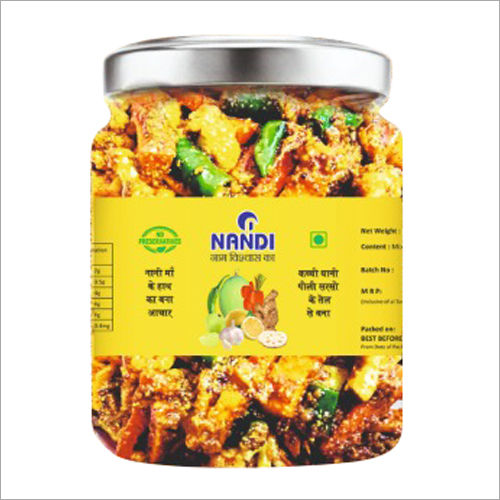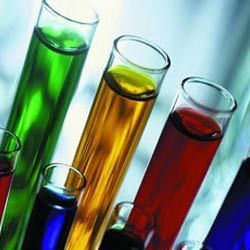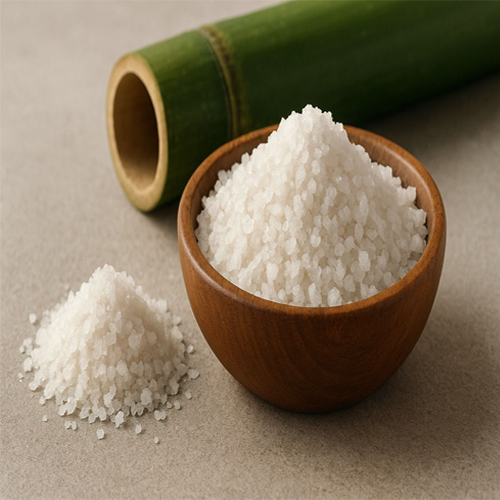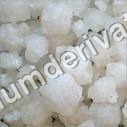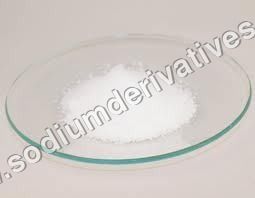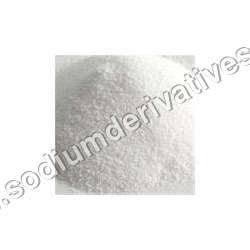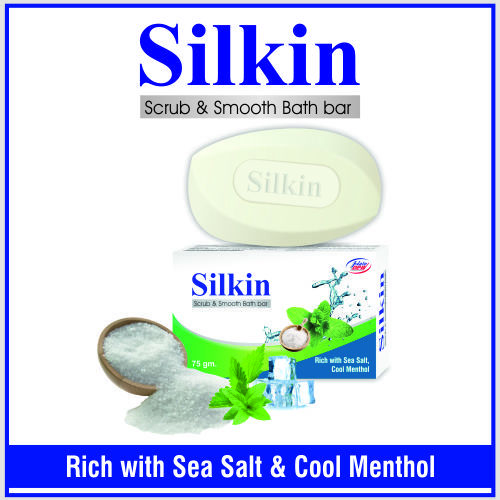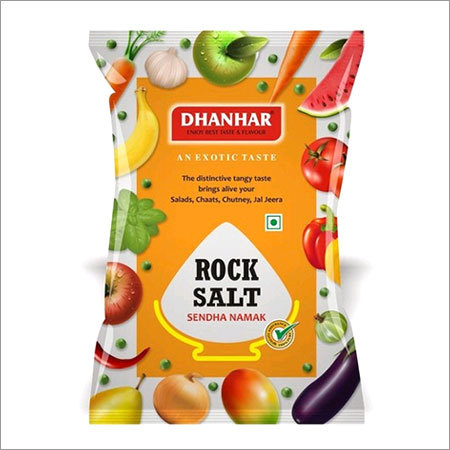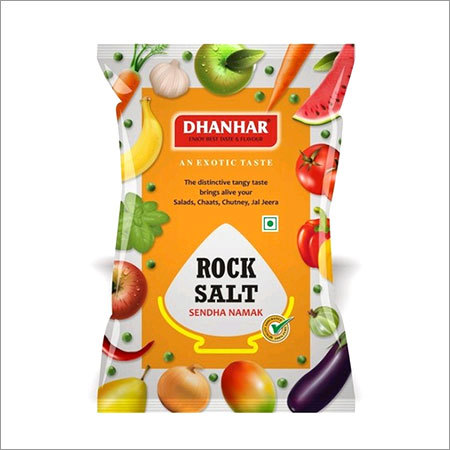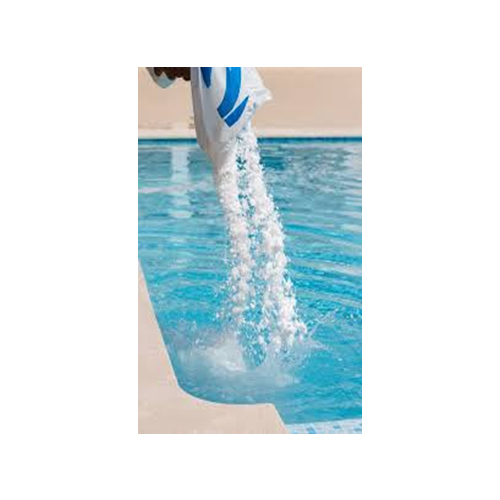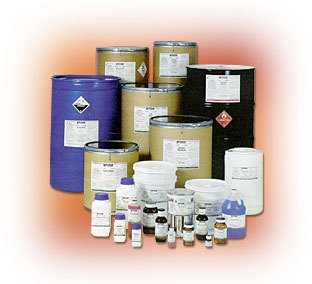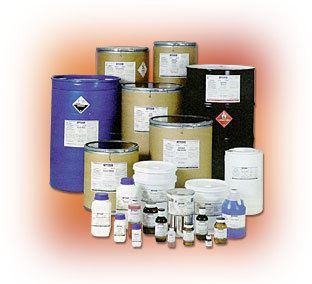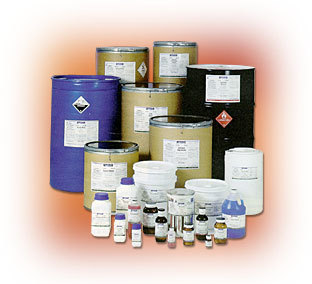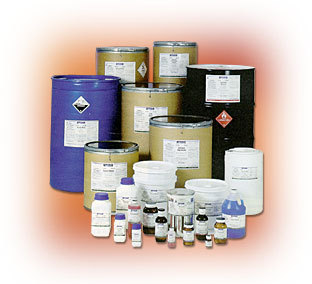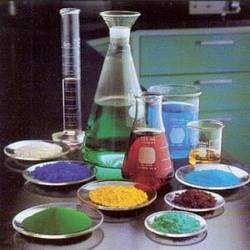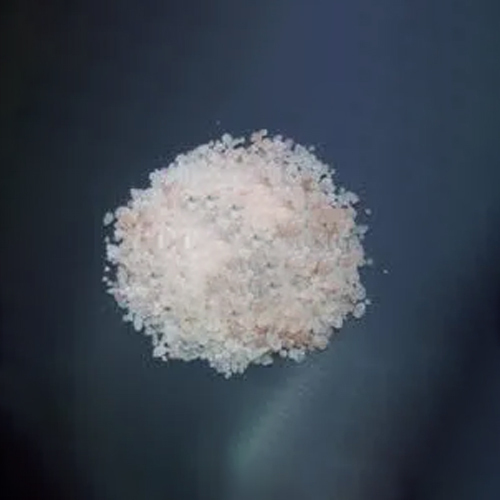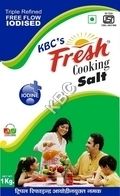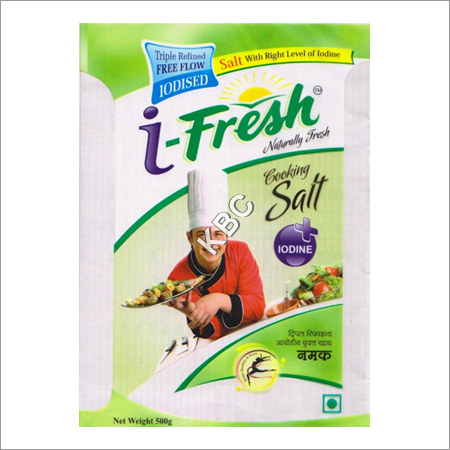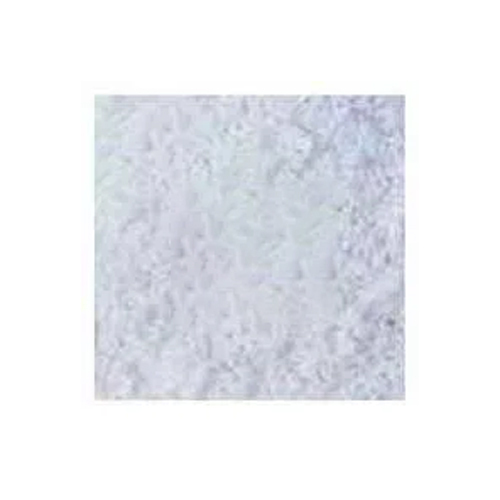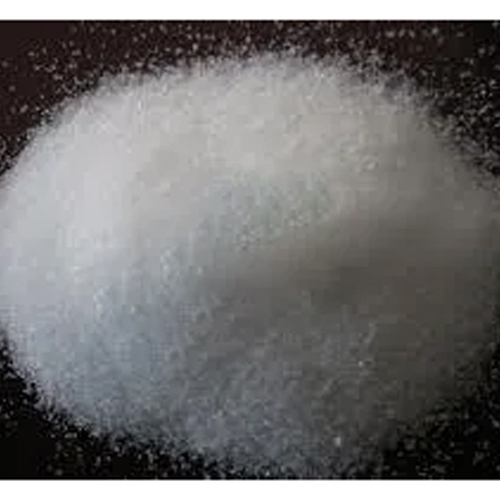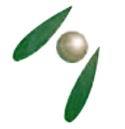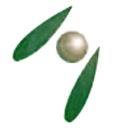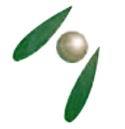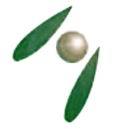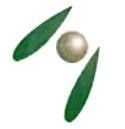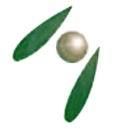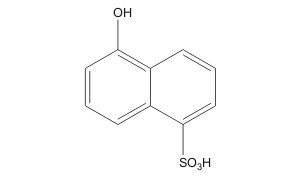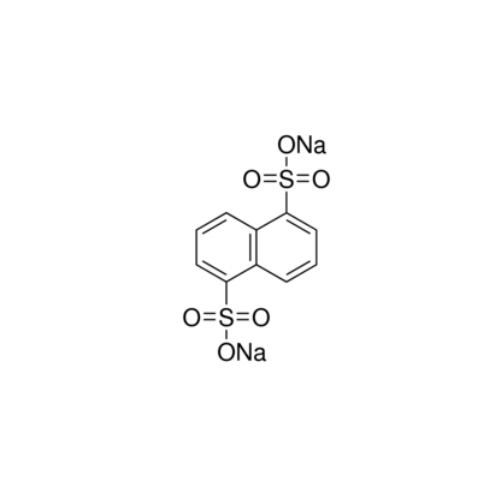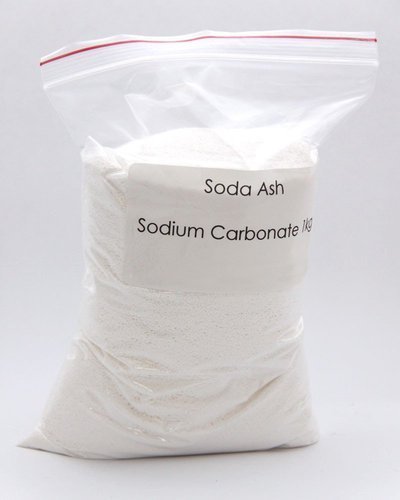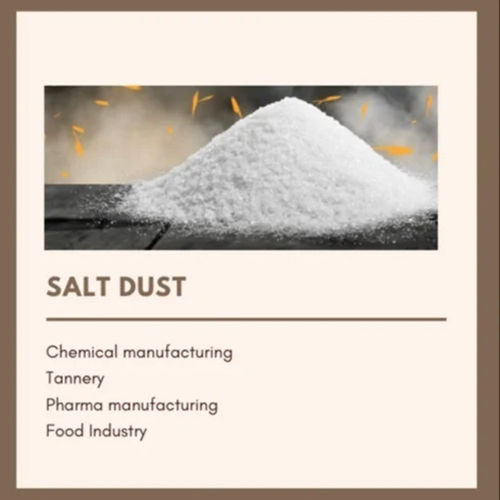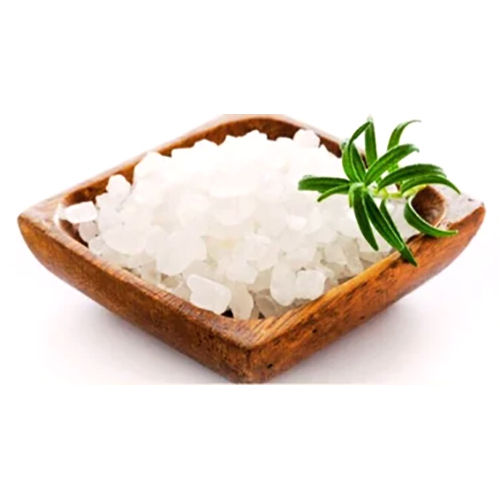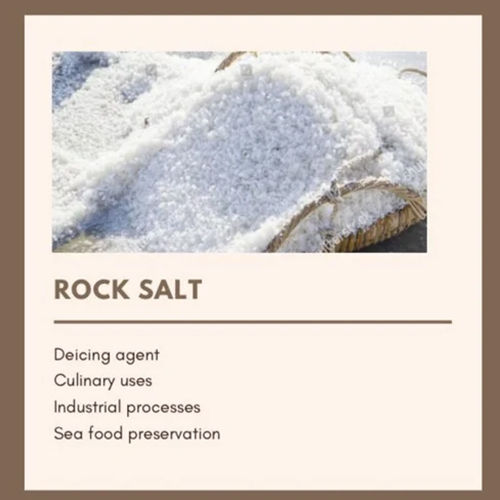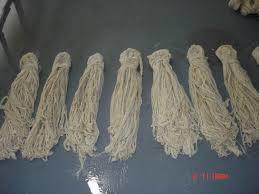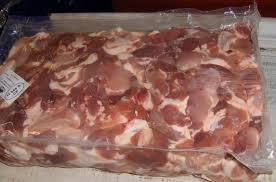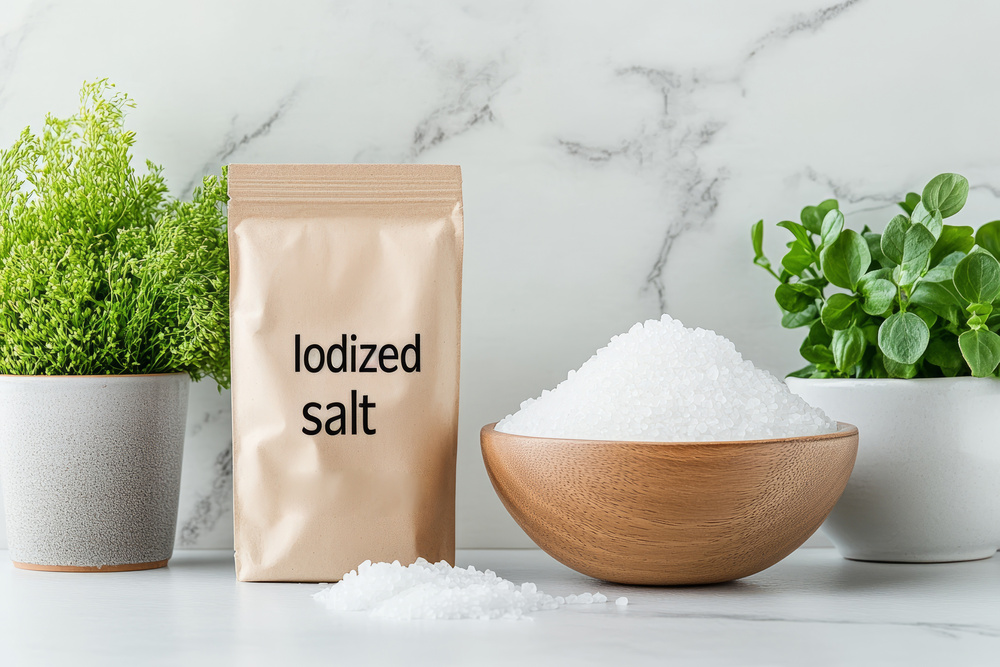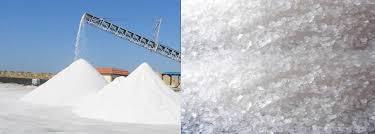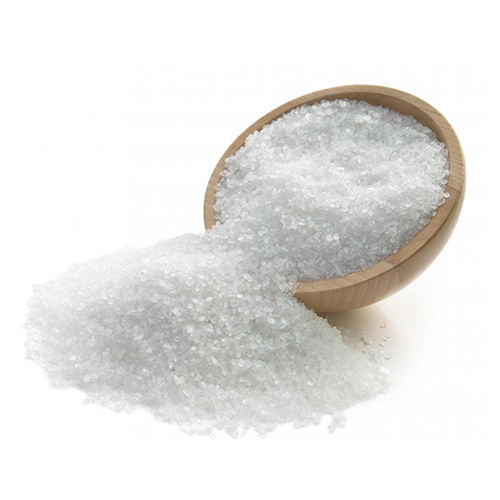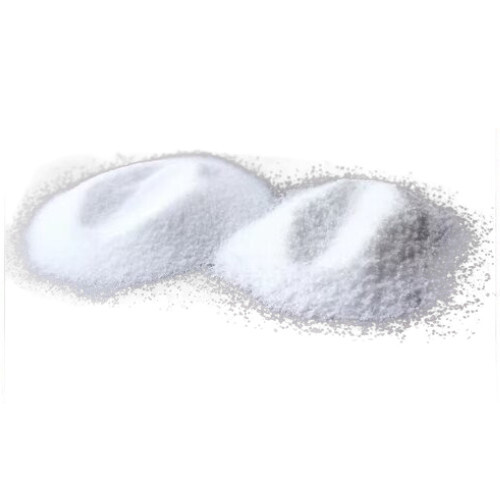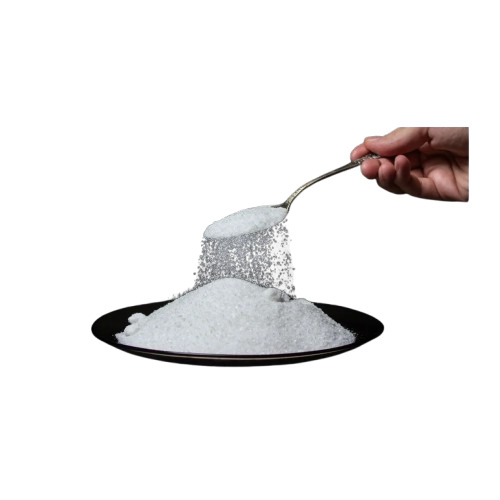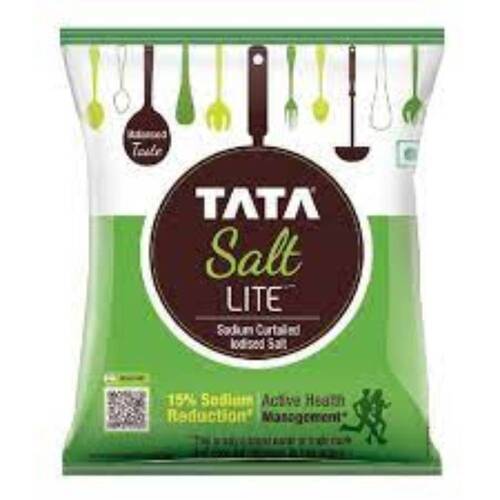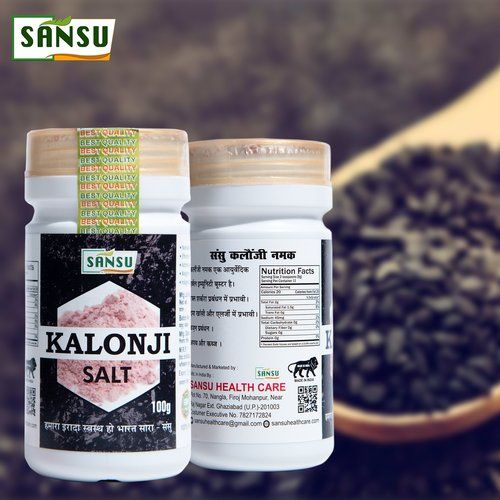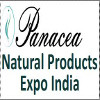Salt
(8620 products)Oral Rehydration Salt - Lemon Flavor Sachets, Enhances Taste and Hydration Efficiency, Safe for Consumption
Product TypeOral Powder
FlavorLemon
PackagingSachets
Quantity5 gm
FormPowder
UsageTreats dehydration, replenish electrolytes lost during illness or physical exertion
Centurion Remedies Private Limited.
Vadodara
 Trusted Seller
Trusted Seller Super Seller
Super Seller19 Years
Salt Solution 26% - Application: Industrial
MOQ100 Kilograms/Kilograms
CAS No7647-14-5
Molecular FormulaClNa
Melting Point1474 AdegF (NTP, 1992)
Molecular Weight58.44 g/mol Milligram (mg)
Product TypeSalt
PurityPure
Vinipul Chemicals Private Limited
Mumbai
 Trusted Seller
Trusted Seller Super Seller
Super Seller3 Years
White Ajinomoto Salt
MOQ60 Pack/Packs
Physical FormFlakes
Product NameAjinomoto Salt
Product TypeDried
ShapeElongated
ProcessingRaw
ColorWhite
Nspm International (group Of Radha Agro)
Ludhiana
 Super Seller
Super Seller1 Years
Salt And Pepper Granite - Application: Flooring
Price: 20 USD ($)/Square Foot
MOQ10000 Square Foot/Square Foots
SizeStandard
Type1
Surface FinishPolished
ColorOther, Black White
ApplicationFlooring
Water AbsorptionNo
Shushrusha Exports
Jaipur
 Trusted Seller
Trusted Seller Super Seller
Super Seller Premium Seller
Premium Seller16 Years
Himalayan Pink Salt Block Metal Tray Set Light Source: Energy Saving
Price: 50 USD ($)/Metric Ton
MOQ500 Metric Ton
MaterialBakelite
StyleOther
Light SourceEnergy Saving
Power SourceOther
ShapeLump
Sa Globalz Merchandise Import And Export
Johannesburg
 Trusted Seller
Trusted Seller Super Seller
Super Seller5 Years
View More
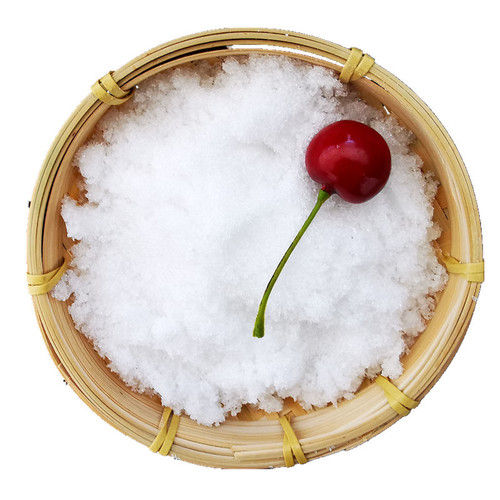
Bitter Salt Magnesium Sulfat Heptahidrat Inorganic Chemicals
Price : 350 USD ($)

Blue Crab For Sale - 4.5-5 Pounds | Delicious, Fresh, High Quality, Nutritional, Sustainable, Versatile, Distinct Metallic Blue/Gold Color
Price : 1900 USD ($)

Wood Pellets for Sale - Natural Material 100% | Diameter 6mm-12mm, Length 5mm-40mm, Ash Content 2%, Heat Output 4200 Kcal/kg, EN-Plus A1
Price : 120 USD ($)
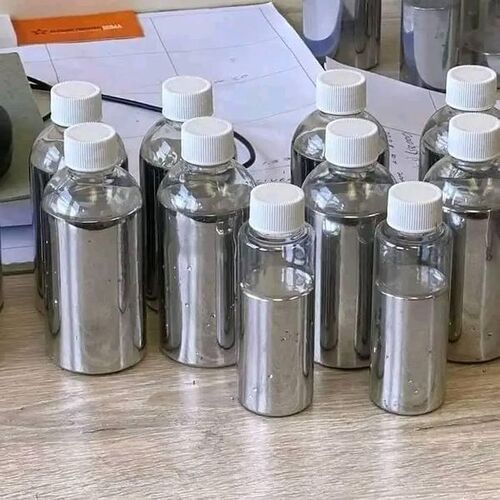
Silver Mercury for Sale - Liquid Metal Hg 99.999% | Mirror Luster, Specific Gravity 13.6, -38.85°C Melting Point, 357.55°C Boiling Point
Price : 200.0 USD ($)
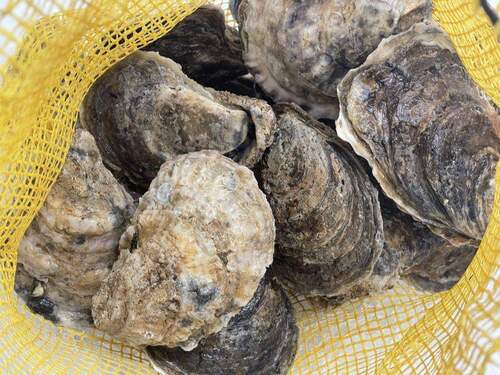
Large Live Oysters For Sale - Bulk Frozen Storage, 1 Year Shelf Life | Fresh, Flavorful, High Quality, Sustainable, Versatile
Price : 1800 USD ($)

Black Pepper on Sale
Price : 1950 USD ($)
Pure Salt - Color: White
MOQ100 Kilograms/Kilograms
ColorWhite
FormOther, Powder
Purity95-98%
Water InsolubleYes
Shelf Life1 Years
Packaging50kg Pack
View More
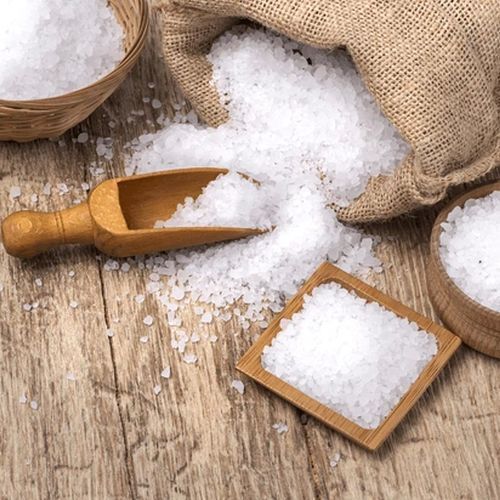
Common Salt - Color: White
Get Best Deal
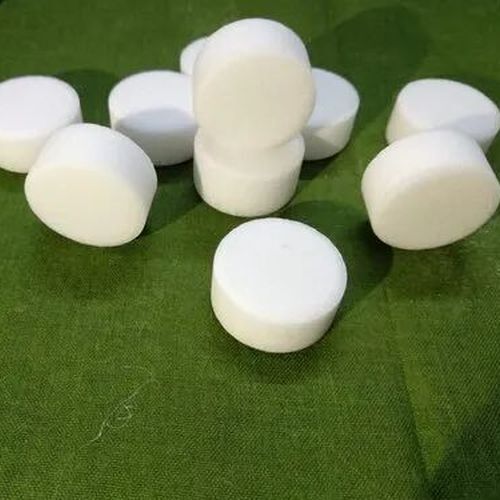
Salt Tablet - Color: White
Get Best Deal
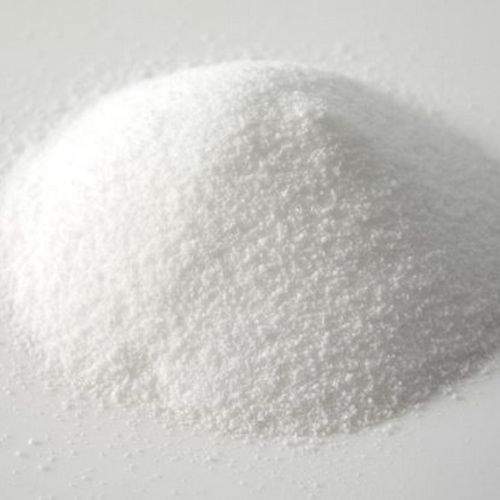
Iodized Salt - Color: White
Get Best Deal
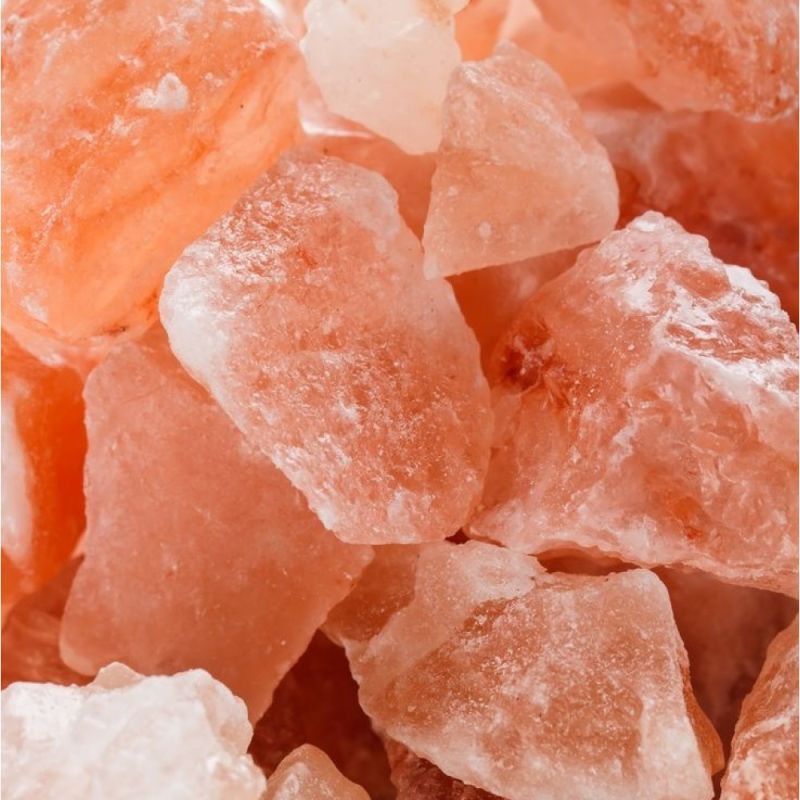
Rock Salt - Color: Red
Get Best Deal
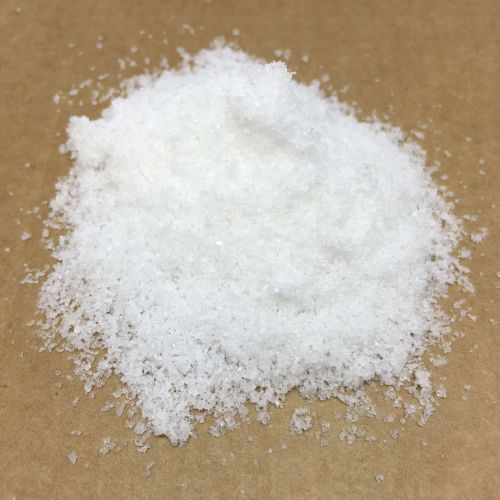
Fine Salt - Color: White
Get Best Deal
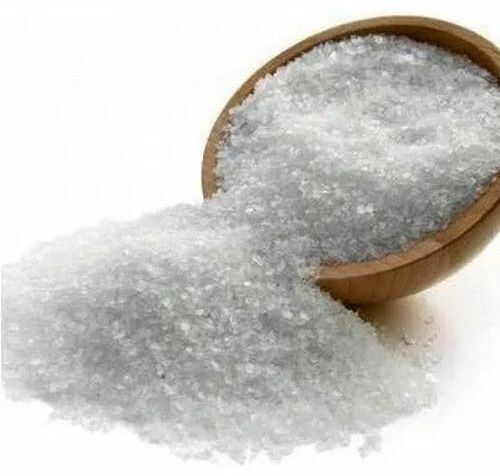
Medium Crystal Salt - Color: White
Get Best Deal
Pink Salt - High Purity, Nil Moisture | Water Insoluble, 12 Months Shelf Life, Convenient Packet Packaging
MOQ100 Pack/Packs
PurityHigh
Salt MoistureNil
Water InsolubleYes
Shelf LifeUp to 12 Months
PackagingPacket
View More
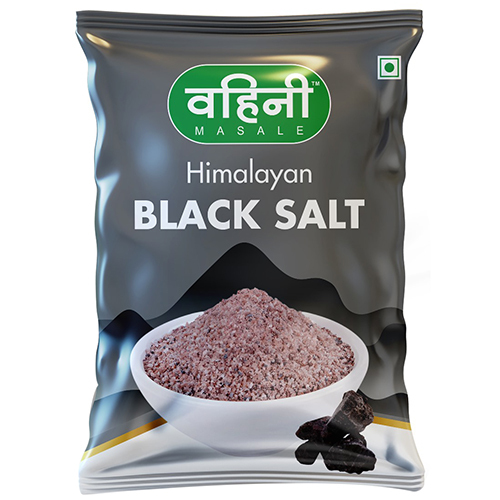
Black Salt - Packaging: Packet
Get Best Deal
Virgin Indian hair Bulk Single Drawn Salt & Pepper
MaterialHuman hair
ColorBlack
LengthVariable
WeightVariable
TextureVariable
ProcessingOrganic
Allure Hair Products Pvt. Ltd
Chennai
 Trusted Seller
Trusted Seller Premium Seller
Premium Seller15 Years
View More

Weft Salt & Pepper
Get Best Deal

Virgin Indian hair Bulk Single Drawn Salt
Get Best Deal

Salt And Pepper Hair - Color: Black
Price : 1720.0 INR

Indian Hair Weft Salt Pepper
Get Best Deal

Unprocessed Weft Salt & Pepper Hair
Get Best Deal
Diclofenac All Salt - C14H11Cl2NO2, 95% Purity, White Powder, Medicine Grade | Ideal for Pain and Inflammation Treatment, Room Temperature Storage
Price: 10 INR/Kilograms
MOQ50 Kilograms/Kilograms
Molecular FormulaC14H11Cl2NO2
StorageRoom Temperature
Molecular Weight318.1 Grams (g)
TypeOther, Diclofenac All Salt
GradeMedicine Grade
Purity95%
Zayka Salt - Color: White
MOQ100 Kilograms/Kilograms
Product TypeOther, Zayka Salt
ColorWhite
FormRefined
Purity99%
Shelf Life1 Years
PackagingBag
2 4 D Amine Salt 58 Sl Application: Agriculture
Price: 380 INR/Liter
MOQ100 Liter/Liters
StorageDry Place
Physical StateLiquid
Purity(%)98%
ApplicationAgriculture
1-Heptanesulfonic Acid Sodium Salt Grade: Aluminium
Purity99%
AppearanceWhite
SolubilityWater soluble
Molecular weight226.3
CAS number2166-10-1
StorageRoom temperature
View More
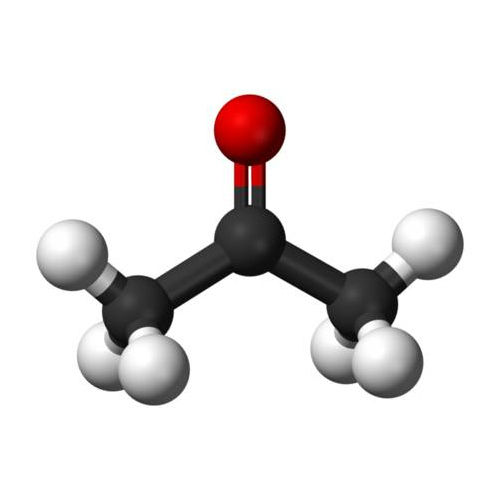
1-Pentane Sulphonic Acid Sodium Salt
Get Best Deal
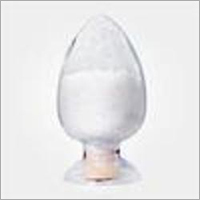
One Butanesulfonic Acid Sodium Salt
Get Best Deal
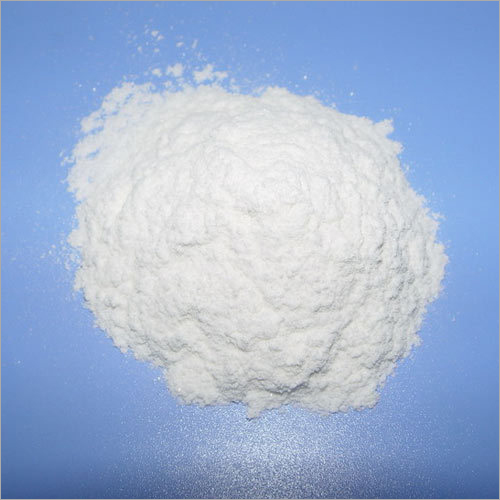
1 Octanesulfonic Acid Sodium Salt
Get Best Deal
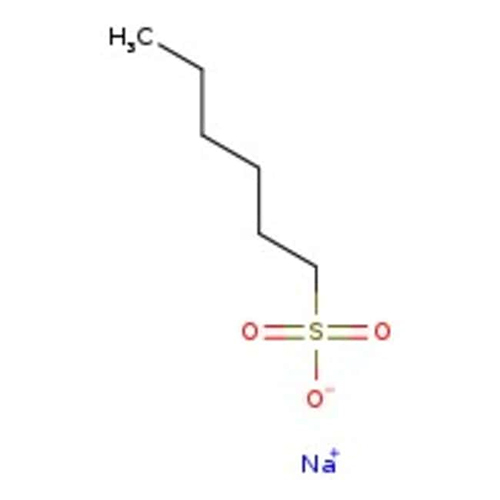
1-Hexen Sulfonic Acid Sodium Salt
Get Best Deal
FAQs Related to Salt
Yes. Because our taste preferences are developed
in childhood, and high blood pressure follows us from childhood to maturity,
it's critical not to provide high-salt meals to youngsters. Foods like gravy
and salty sauces contain a lot of salt, which is harmful to newborns and very
young children.
All
the essential ingredients will be present in a good quality salt. Himalayan
salt and Celtic Sea salt, for example, retain all the additional components in
salt that provide health advantages that table salt do not. Celtic sea salt has
a higher mineral concentration than Himalayan Sea salt, and it naturally
includes tiny levels of iodine.
Salt
is a mineral comprised mostly of sodium chloride, a chemical component that
belongs to the wider family of salts; rock salt or halite is salt in the form
of a natural crystalline mineral.
Processed foods
including baked beans, soups, processed meats like ham and bacon, ready meals, smoked
foods, certain cereals, restaurant and takeaway food, and even bread have the
greatest salt content. While it may be difficult to avoid eating some of these
meals, search for low-sodium options or eat fresh food that hasn't been salted.
Table
salt, the most extensively used, is derived from subsurface salt sources. It
undergoes rigorous processing steps to get rid of contaminants, which might
also minimize traces of minerals. It is then finely ground. In 1924, iodine, a
trace mineral, was added to salt to avoid gaiter and hypothyroidism, both of
which are caused by lack of iodine. Anticaking agents, such as calcium
silicate, are typically used in table salt to avoid clumping.
Himalayan Pink Salt - 500 gm & 1 Kg Pack , High Purity, White Raw Form, 18 Months Shelf Life, Water Insoluble, Ideal for Cooking and Household Use
Price: 74.00 INR/Kilograms
MOQ1 Pack/Packs
ColorWhite
Product TypeOther, Himalayan Pink Salt
FormRaw
PurityHigh
Water InsolubleYes
Shelf Life18 Months
Ecavo Agro Daily Private Limited
Prayagraj
 Trusted Seller
Trusted Seller Premium Seller
Premium Seller6 Years
View More
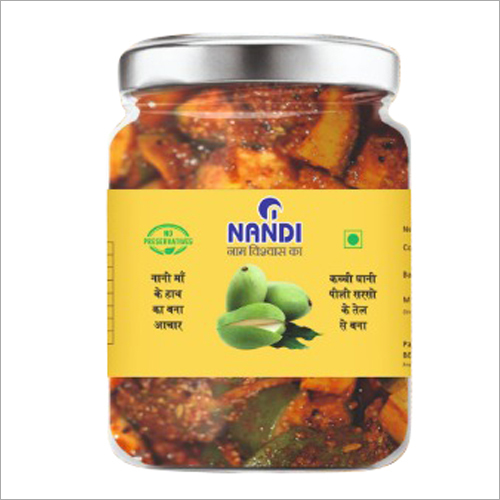
Mango Pickle - 400 GM | Fresh Vegetables, Probiotic Bacteria, Salty & Spicy Taste, Preserved Antioxidants, Shelf Life 12 Months
Price : 70.00 INR
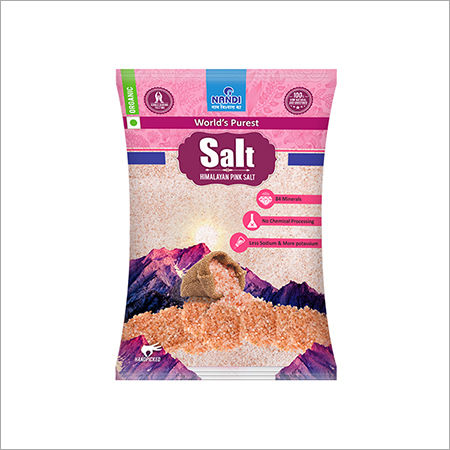
Nandi Pink Salt - Feature: Tasty & Healthy
Price Trend : 30000.00 - 60000.00 INR
Bromic acid, potassium salt
Purity99%
FormCrystalline Powder
SolubilityWater soluble
CAS Number7758-01-2
Molecular Weight167 g/mol
StorageCool, dry place
Triveni Interchem Pvt. Ltd.
Vapi
 Trusted Seller
Trusted Seller Premium Seller
Premium Seller1 Years
View More
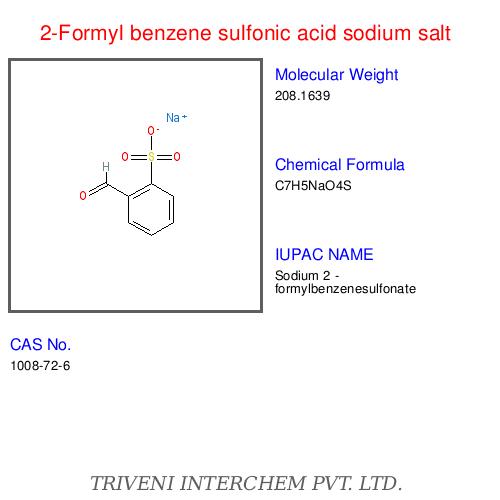
2-Formyl benzene sulfonic acid sodium salt
Get Best Deal
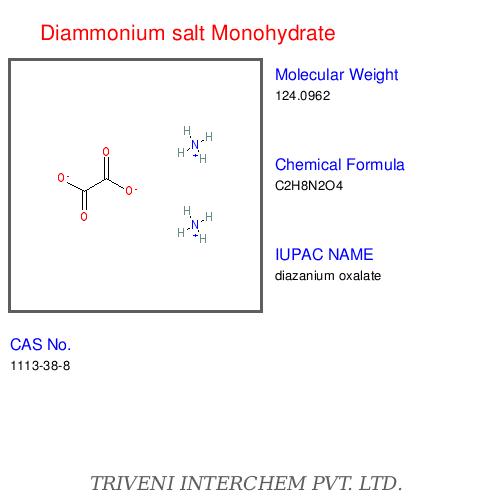
Diammonium salt Monohydrate
Get Best Deal
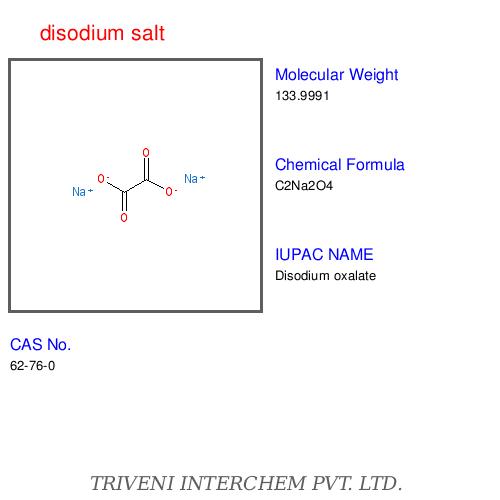
disodium salt
Get Best Deal
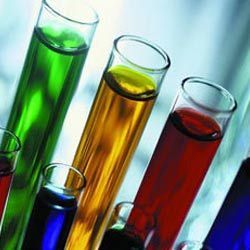
potassium salt
Get Best Deal
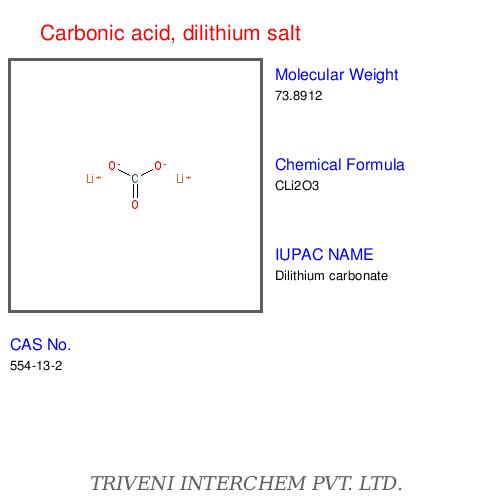
Carbonic acid, dilithium salt
Get Best Deal
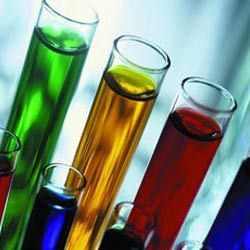
Oleic Acid Sodium Salt
Get Best Deal
Bamboo Edible Salt - Color: White
MOQ100 Kilograms/Kilograms
Cultivation TypeOrganic
VarietyRaw
StyleDried
ColorWhite
GradePremium
FlavorTangy Peri Peri
SALT - Fine Grade Pure Crystalline Sodium Chloride | White Cubic Crystals, Highly Soluble, Food & Industrial Use, CAS 7647-14-5, EINECS 231-598-3
Product DescriptionSALT
View More

Premium Vacuum Salt - Fine Composition for Cattle-Licks, Papad-Khar, Iodized Salt, Sal-Ammoniac Bars
Get Best Deal
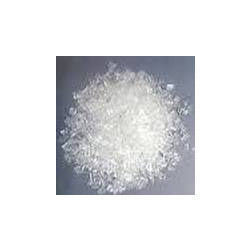
Salt-Medium Crystalline
Get Best Deal
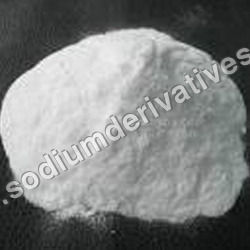
Salt-Pure Crystalline
Price : 2 INR
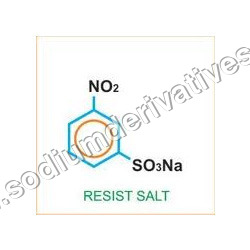
Resist Salt (Meta Nitrobenzene Sulphonic Acid)
Get Best Deal
Menthol & Sea Salt Application: Bacteria
Price Trend: 100.00 - 500.00 INR/Box
MOQ10 Box/Boxes
ApplicationBacteria, Control Virus
Purity97%
GradeMedical Grade
Formulations FormOther, Solid
Gender/Age GroupWomen, Children, Adult
Storage InstructionsDry Place
Sindha Salts
VarietyEdible Salt
Physical FormCrystalline
IngredientsNatural Rock Salt
UsageCulinary and health purposes
FlavorNeutral
Oil Content %None
Swimming Pool Salt - Application: Industrial
Price: 10000.00 INR/Metric Ton
MOQ280 Metric Ton/Metric Tons
StorageDry Place
Purity100 %
SolubilityYes
GradeIndustrial Grade
UsageSwimming pool
ApplicationIndustrial
View More
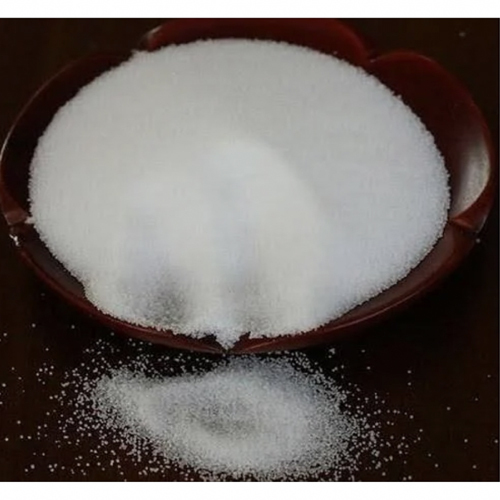
Triple Refined Free Flow Salt - Application: Industrial
Price : 15000 INR
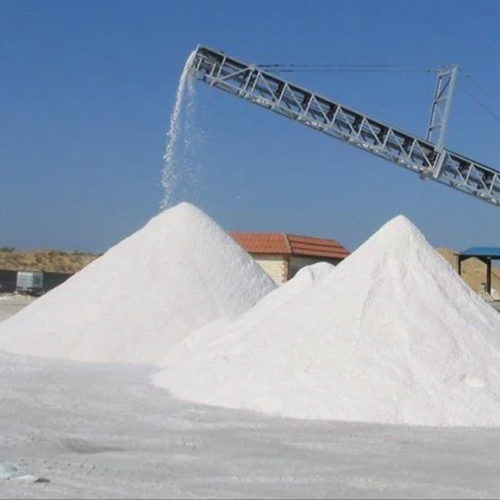
Industrial Grade Salt - Purity: 100 %
Price : 2000.0 INR
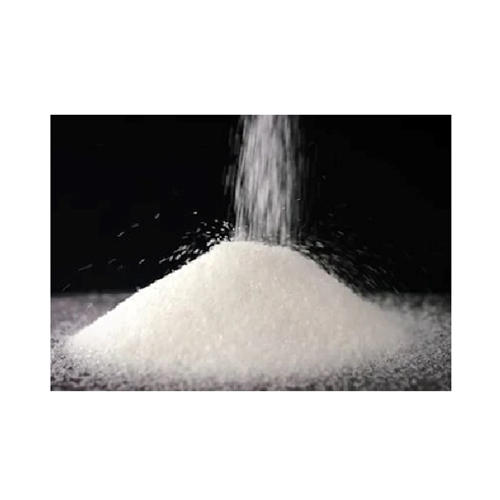
Iodized Crystal Salt - Application: Industrial
Price : 5000 INR
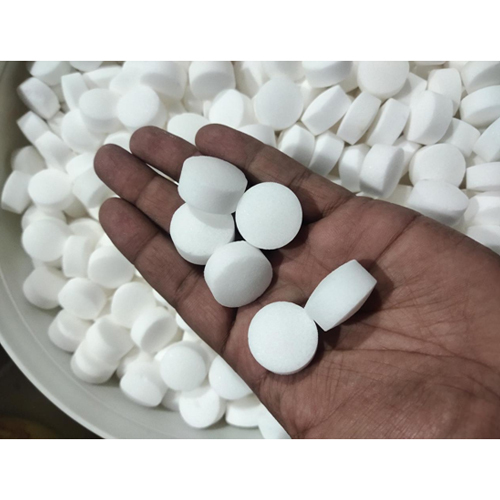
Water Softener Tablet Salt - Application: Industrial
Price : 12000 INR
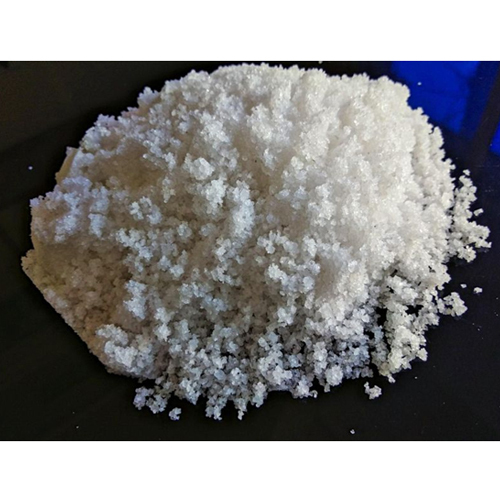
Water Softener Coarse Salt - Application: Industrial
Price : 10000 INR
2 Bromoethane Sulfonic Acid Sodium SaltA *
Product Description2 Bromoethane Sulfonic Acid Sodium Salt\302\240
Joshi Agrochem Pharma Private Limited
Mumbai
 Trusted Seller
Trusted Seller11 Years
View More
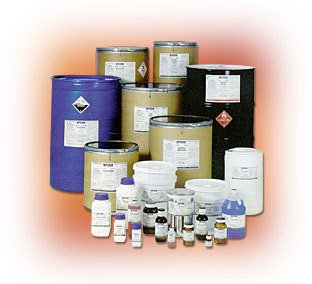
Phenyl Acetic Acid Potassium Salt
Get Best Deal

2,4-D Amine Solt
Get Best Deal
Medium Grade Salt - White Crystalline, 99.3% Sodium Chloride | Refined Form, Accurate pH Value, Longer Shelf Life, Precise Composition
Price: 16 INR/Piece
MOQ28000 Kilograms/Kilograms
Product TypeOther
FormRefined
View More
Inosine,5'-monophosphate disodium salt
Product DescriptionInosine,5'-monophosphate disodium salt
View More
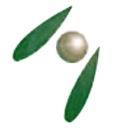
D-Fructose 1,6-Disphosphate Magnesium Salt
Get Best Deal
Organic Salt - Premium Grade Mineral Extract | Pure, Natural Flavor Enhancer
MaterialSalt
PackagingBulk
Grain sizeFine
Purity99%
Moisture<1%
Weight50kg
Earthing Salt - Color: White
Price: 4000 INR/Tonne
MOQ2 Tonne/Tonnes
ColorWhite
Product TypeSea Salt
FormOther, Crystal
Purity99%
Salt Moisture10%
Water InsolubleSoluble
View More
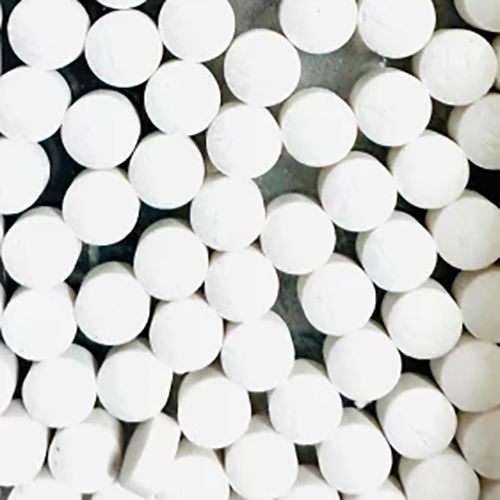
Wow Softener Salt Tablet - Application: Industrial
Price : 2184.0 INR
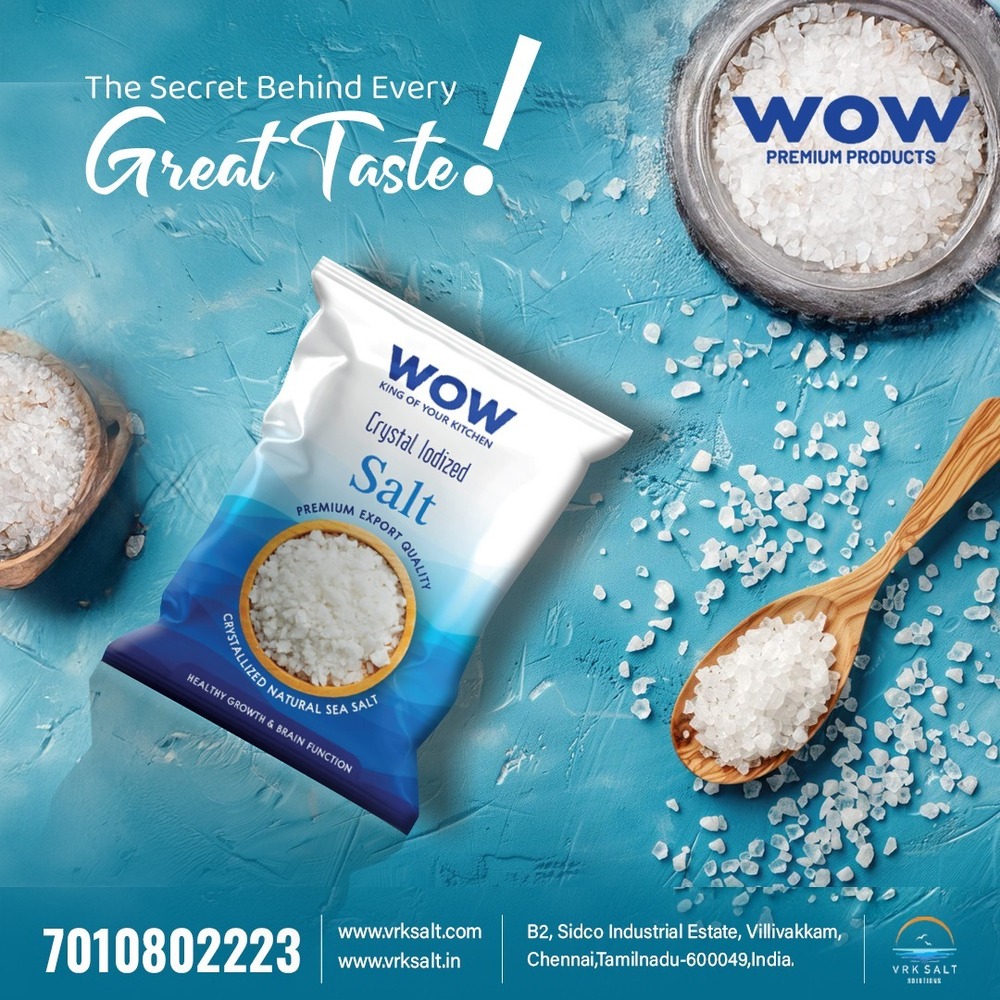
Wow Crystal Iodised Salt - Refined Form 500 GM to 15 KG | 99% Purity, Nil Moisture Content, White Color, 12 Months Shelf Life
Price : 6.0 INR
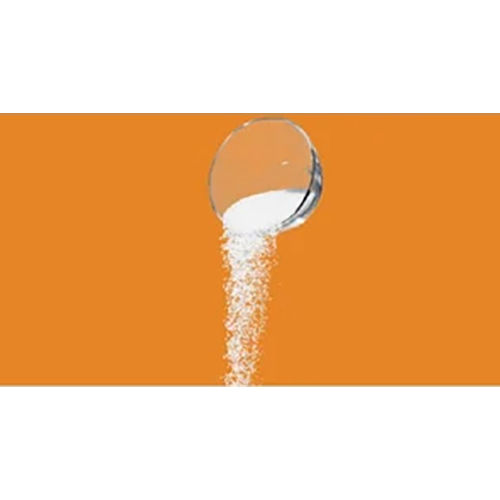
Pure Fine Salt - 99% Purity, Moisture-Free White Refined Salt | Ideal Culinary Essential with 12-Month Shelf Life
Price : 8 INR

Natural Agricultural Salt - Application: Organic Fertilizer
Price : 10.5 INR
Pure Salt Pst - Color: White
Price: 215 INR/Kilograms
MOQ10 Kilograms/Kilograms
Ph Level7
Place of OriginIndia
Water Insoluble0.05% Max
Boiling point1465AdegC
PoisonousNo
HS Code25010010
View More
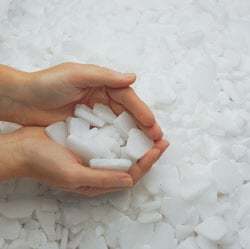
Water Softener Salts
Price Trend : 4.00 - 11.00 INR

Non Iodised Refined Salt - Color: White
Price : 18 INR

Industrial Salt - Color: White
Price : 7 INR
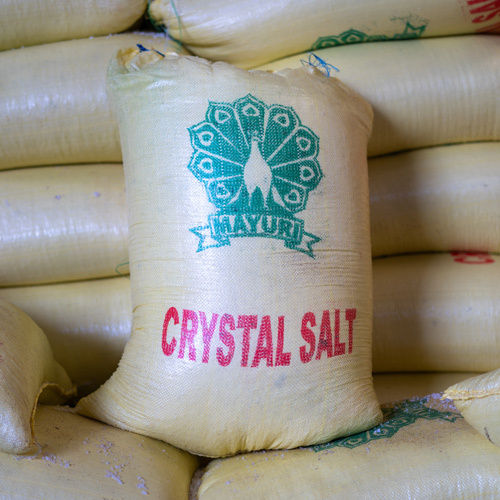
Crystal Salt - Color: White
Price : 279 INR

High Grade Refined Salt
Get Best Deal

Top Quality Vaccum Salt
Get Best Deal
View More
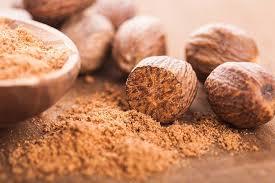
Nutmeg for sale
Get Best Deal
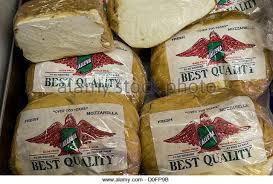
Mozzarella Cheese for sale
Get Best Deal

Compound Chocolate For Sale
Get Best Deal
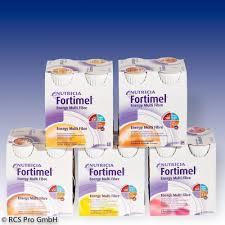
Nutricia Fortimel For Sale
Get Best Deal
White Iodized Salt - Packaging: Hdpe Bag
MOQ100 Kilograms/Kilograms
ColorWhite
FormRaw
Purity99%
Calcium0.1aEUR"0.5%
Salt Moisture0.2% to 1.5%
Shelf Life2-3 Years
View More

Iodized Salt - Color: White
Get Best Deal
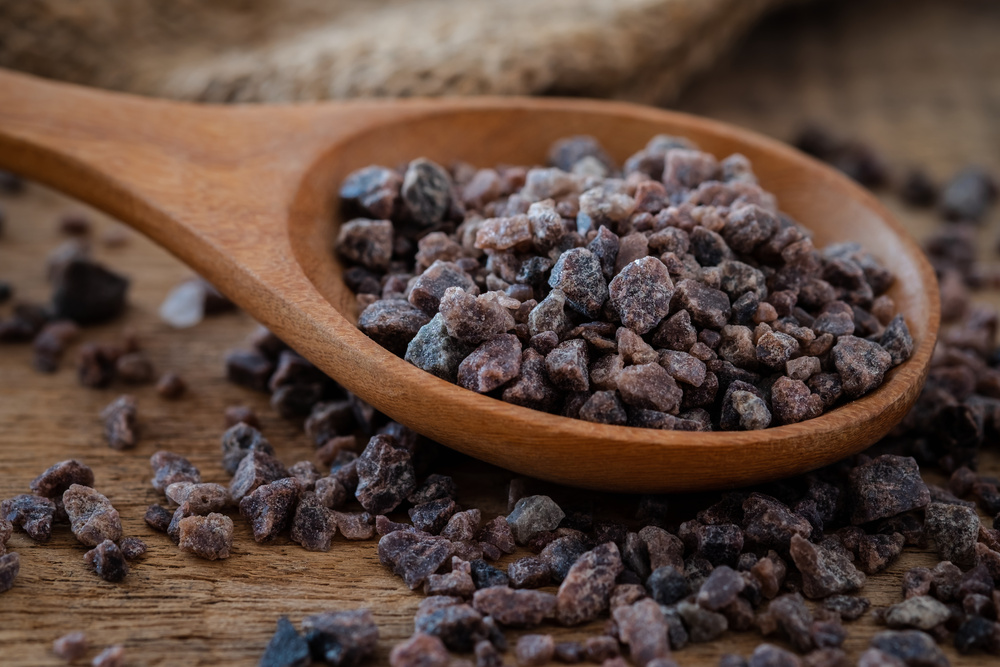
Black Salt - Packaging: Hdpe Bag
Get Best Deal

Rock Salt - Color: Brown
Get Best Deal
Premium Quality Salt - Superior Grade, Exceptional Purity for Culinary Excellence
MaterialSodium Chloride
Purity99.5%
Grain size1-2mm
PackagingBulk bags
Solubility35.9g/100ml
Melting point801°C
Popular Salt
Salt,
commonly known as sodium chloride, is made up of around 40% sodium and 60%
chloride. It is used as a flavouring agent and also as a stabilizer. It's also
a food preservative because germs can't survive in a salty environment. A tiny
quantity of sodium is required by the human body to carry nerve impulses,
contract and relax muscles, and maintain adequate water and mineral balance.
The
most required source of sodium in a regular diet is salt. The minerals sodium
and chloride make up most of the salt. It serves a variety of functions in your
body and is found in a variety of foods. For these critical tasks, humans
require around 500 mg of salt every day. Consumption of a high quantity of salt
can result in high blood pressure, heart disease, and stroke. It can further
lead to loss of calcium statistics from the body. The average American consumes
at least 1.5 teaspoons of salt each day, or over 3400 mg of sodium,
significantly more than our bodies require.
Salt
may be obtained from salt mines or by evaporating seawater. Sodium chloride is
used to make all varieties of salt, and the nutritional content varies just
slightly. Different salts are selected mostly for their taste.
Common
salt which is used for consumption purpose is obtained from different sources.
Sea water contains salts which is obtained by harvesting water in a secluded
area and then left to evaporate. The evaporated water leave precipitated
crystals on the enclosed area bed. The crystals are processed to obtained
refined and fine grained salt. Salty lake water is also harvested to process
common salt. Consumable salt is also obtained from mountains and the Great
Himalayas is renowned source of obtained mineral rich salt. The pink salt
obtained from the Pakistani side of the Himalayas contains all the 84 minerals
that human body has as indicated by some studies.
Types of Salt -
Salt comes in four different varieties.
- Sea salt
- Table salt
- Pink rock salt from the Himalayas
- Grey Celtic sea salt
Health Benefits of Salt
- It aids in keeping you hydrated.
- Promotes the health of the arteries and veins.
- Prevents muscular cramps by balancing electrolytes.
- Aids the health of the neurological system.
- It helps you sleep better.
Processed
foods account for an estimated 75 percent of overall sodium consumption due to
the widespread use of salt in food processing and manufacturing. Cognizant of
the requirements of salt, sellers at Tradeindia offers the finest varieties of
salt for general consumption. Buyers looking forward to purchase salt in bulk
quantity shall send us their inquiries. They can find loose salt as well as
packaged branded salts.
Client Testimonials & Reviews

Ghanshyamsinh
JAY MATRI MA INDUSTRIES
Tradeindia portal is perfect for business growth, as we have converted 2 inquiry leads in to business. We are glad to be associated with tradeindia.com since last 5 years. Thank you for the support and commitment.

MEHULPatel
UMA CLAY INDUSTRIES
We are associated with tradeindia.com from last 8 years and this platform helped us to improve and grow our business, branding and promotion. I am very happy with their promotional activities, they are expertise in B2B segment in India. They promoted our company very well and received more business inquiries. Thank you tradeindia.com, I wish for our long lasting relationship.

UtpalBrara
BRITEX ENTERPRISES
We are associated with Tradeindia.com for last 10 years and having a satisfactory response from tradeindia is our business expansion. Britex Enterprises, established in the year 1992, engaged in manufacturing , supplying exporter of Micro Mineral Powder (Extenders, filers) and Chemicals (M.H.E.C., R.D.P., H.E.C). And this portal had given us a good branding and promotion in the market. We expect a great business future with tradeindia.com

WangZhoujian
CHINA RUNLONG INDUSTRY CO., LTD.
It is feeling good to work with tradeindia. I appreciate your efforts and prompt response and the support you are providing. tradeindia is an emerging good platform, and i increased my investment due to your hardworking and professionalism, I am looking forward for more growth and business expansion from here.

VanrajShah
J. R. REFRACTORY
We' J R Refractory' have been associated with tradeindia.com for 4 years or so. In this period we have been able to generate a lot of new business through TradeIndia.com We are highly satisfied with their service rendered to us; specially after becoming the member. We wish to continue with their service in years to come All the best for Trade India Team
Salt Price List
Product Name | Expected Price |
|---|---|
| 150 PPM Low Hardness Salt | 11 |
| 100 Ppm Low Hardness Salt | 10 |
| 50 PPM Low Hardness Salt | 12 |
| Salt | 20 |
| Green Salt | 35000 |
| Salt | 25 |
| Salt | 10 |
| Salt | 70 |
| Table Salt | 150 |
| Salt Powder | 2700 |
This Data was Last Updated on 2025-12-25
Salt Manufacturers | Suppliers in India
Company Name | Member Since |
|---|---|
Dhanhar Products Llp Surat, India | 22 Years |
Centurion Remedies Private Limited. Vadodara, India | 19 Years |
Dewcare Concept Pvt. Ltd. Ahmedabad, India | 19 Years |
Suvidhi Industries Private Limited Vapi, India | 17 Years |
A & Z Group Co.,ltd Hangzhou, China | 17 Years |
Shushrusha Exports Jaipur, India | 16 Years |
Kutch Brine Chem Industries Gandhidham, India | 16 Years |
Allure Hair Products Pvt. Ltd Chennai, India | 15 Years |
Madhav Chemical Ankleshwar, India | 12 Years |
Joshi Agrochem Pharma Private Limited Mumbai, India | 11 Years |
Upcoming Tradeshows
CWIEME Shanghai 2026
Wed, 24 Jun, 2026 - Fri, 26 Jun, 2026
INDOMACH Jamshedpur 2026
Thu, 05 Feb, 2026 - Sun, 08 Feb, 2026
Asia Photonics Expo (APE 2026)
Wed, 04 Feb, 2026 - Fri, 06 Feb, 2026
IFF - India Fashion Forum 2026
Wed, 28 Jan, 2026 - Thu, 29 Jan, 2026
Plastic Packaging Printing Expo (P3) 2026
Fri, 10 Apr, 2026 - Mon, 13 Apr, 2026
STEEL CONSTRUCTION EXPO 2026
Thu, 26 Feb, 2026 - Sat, 28 Feb, 2026
Panacea - Natural Products Expo India 2026
Fri, 06 Mar, 2026 - Sun, 08 Mar, 2026
India Boat & Marine Show 2026
Thu, 29 Jan, 2026 - Sat, 31 Jan, 2026
Spectra Expo 2026
Wed, 06 May, 2026 - Fri, 08 May, 2026
Odisha Mining & Infrastructure International Expo 2026
Thu, 08 Jan, 2026 - Sun, 11 Jan, 2026
Popular Categories

